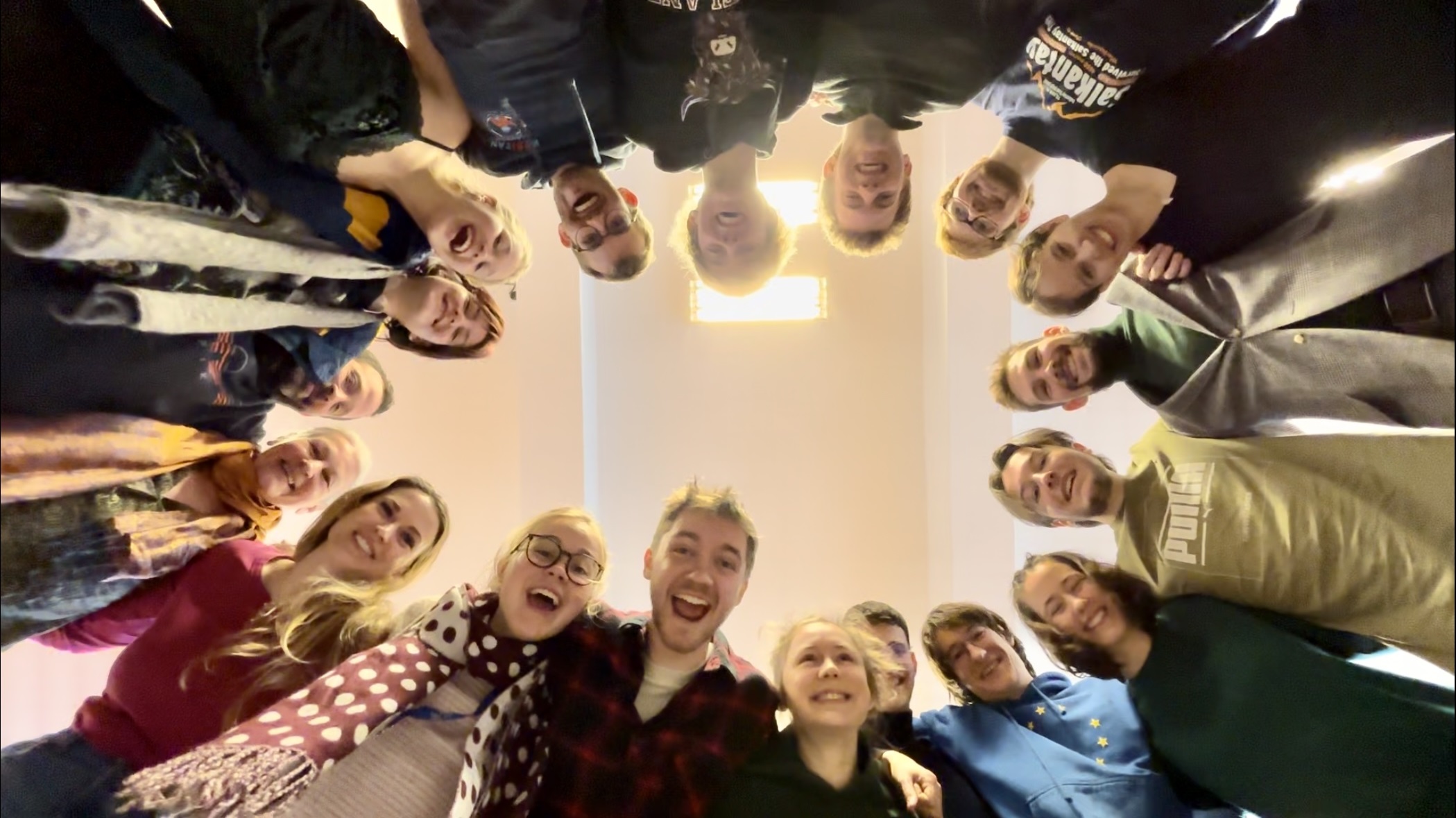
Seminar_2024-02 Climate and Society
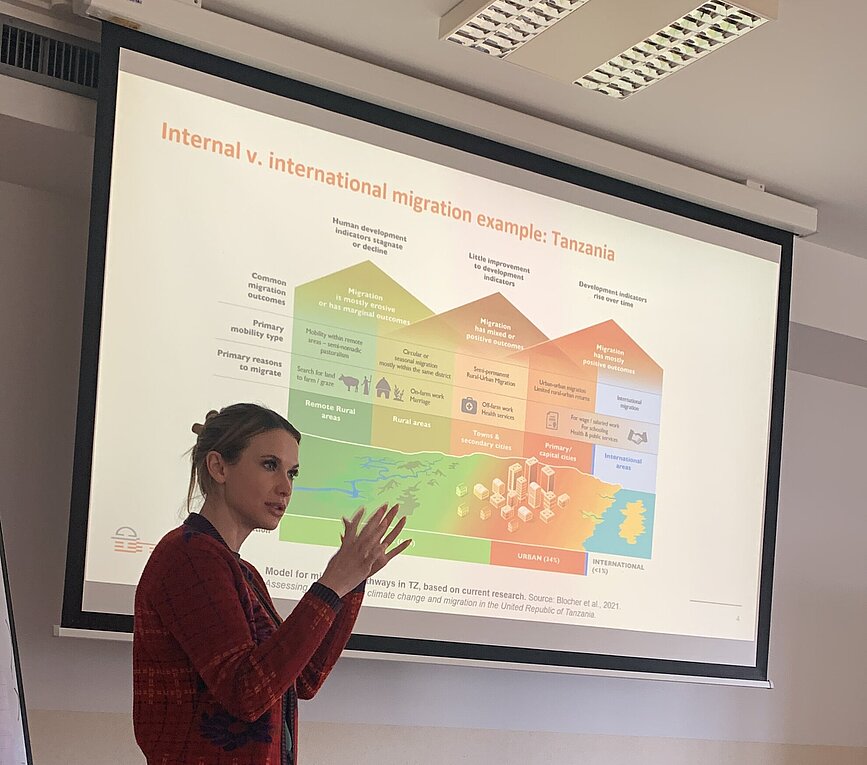
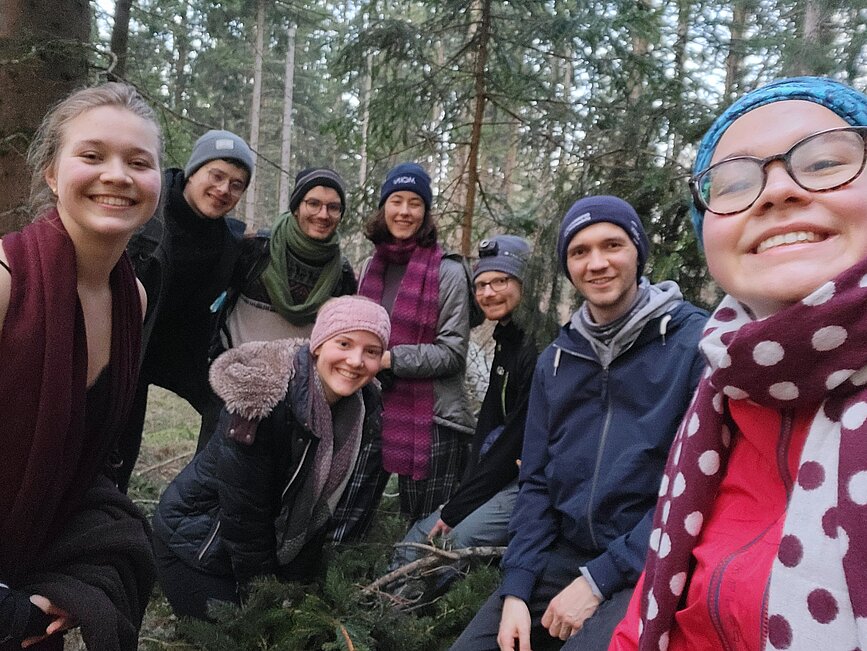
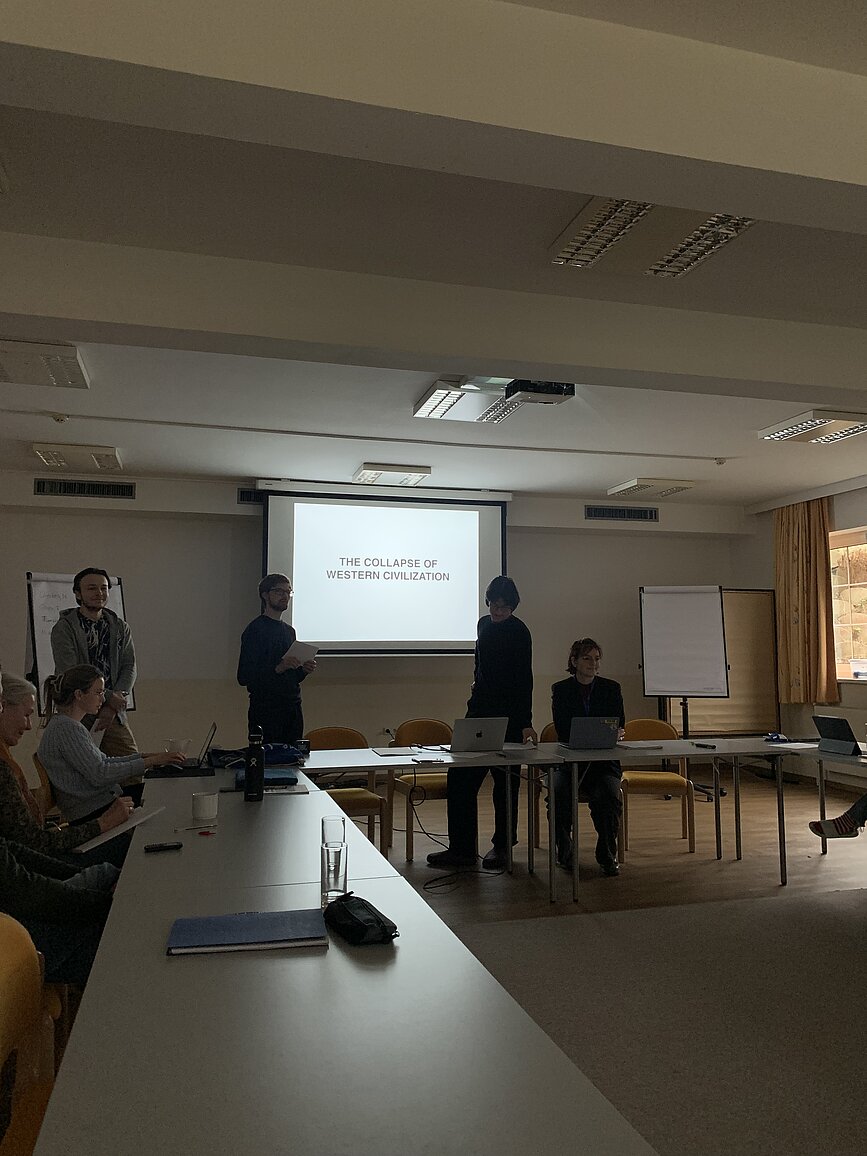
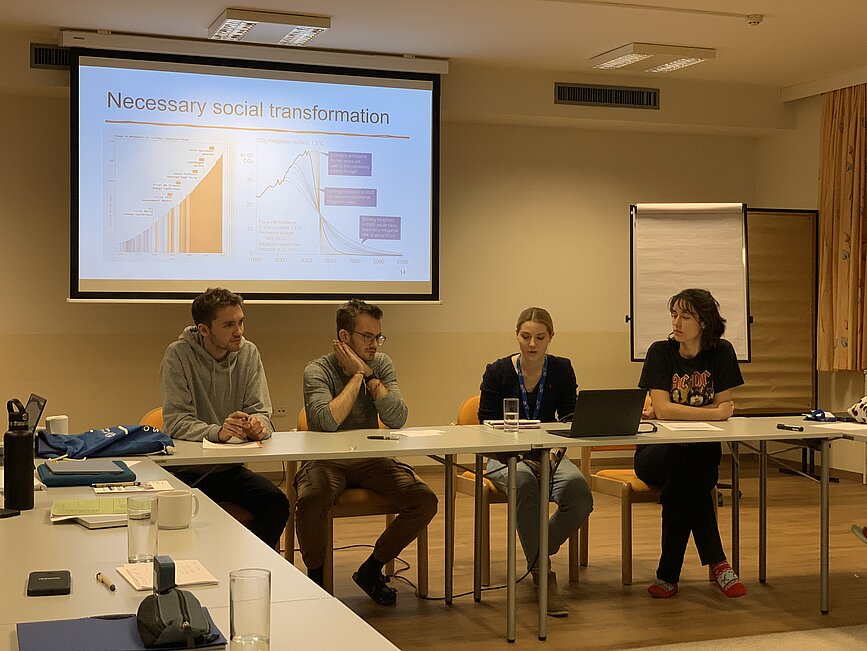
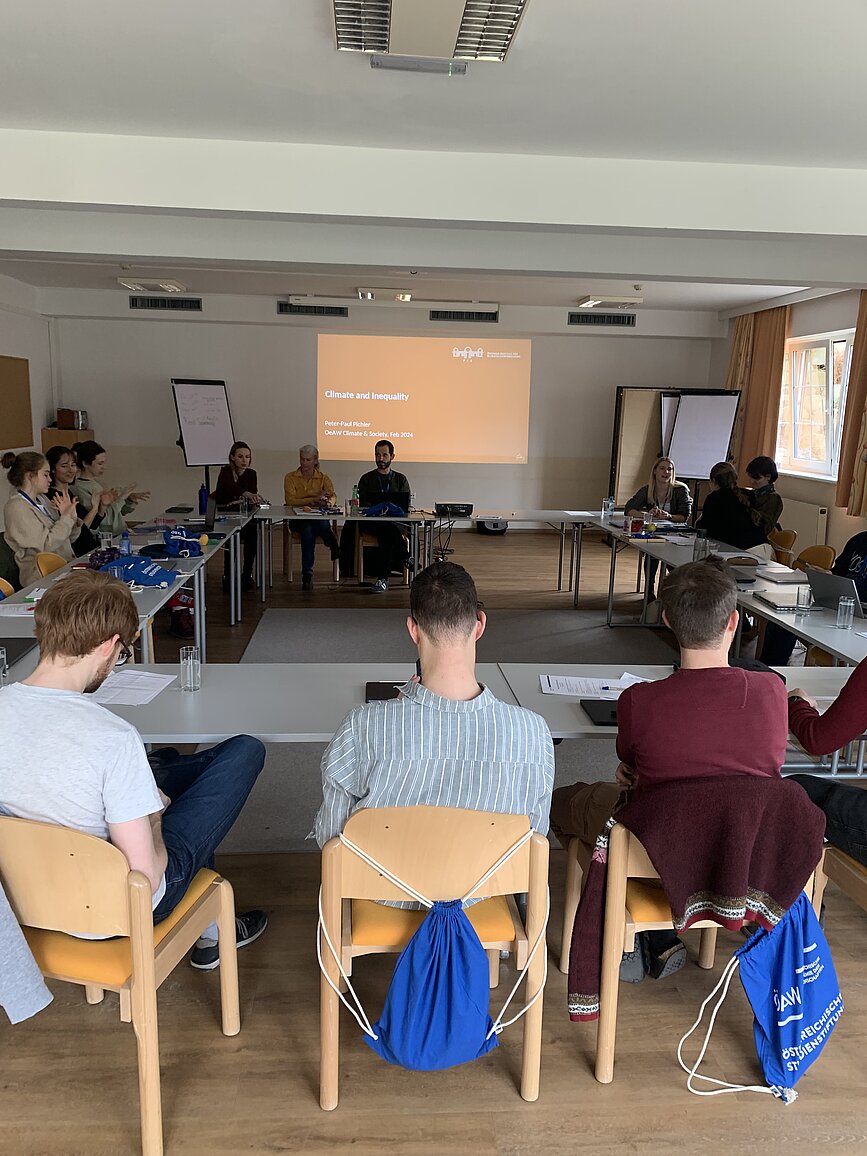
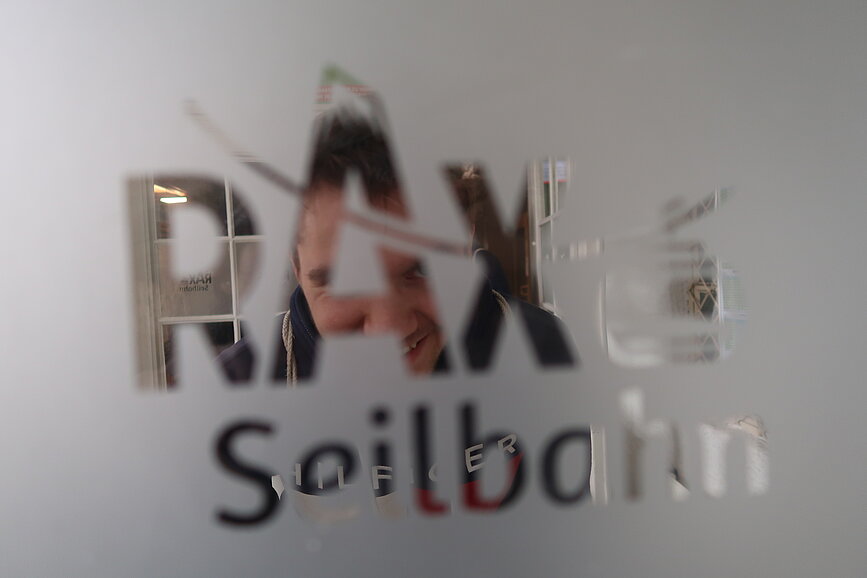
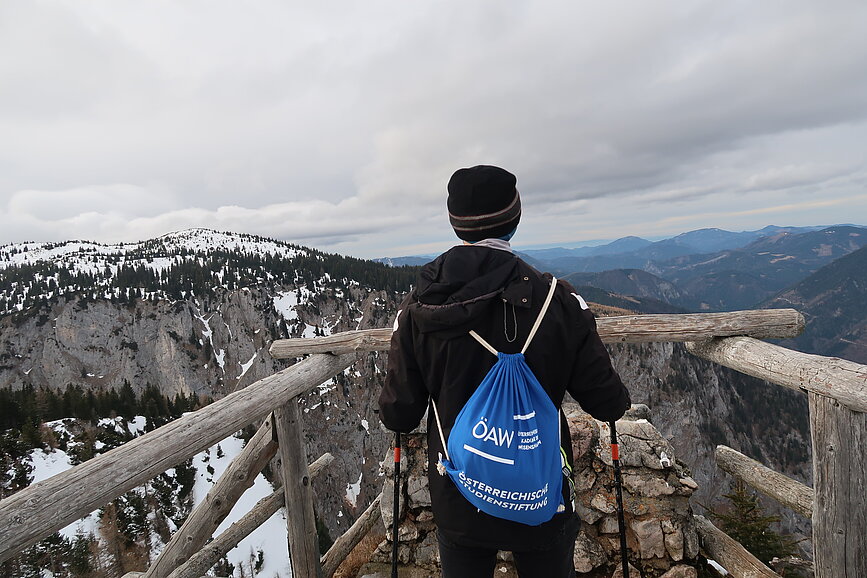
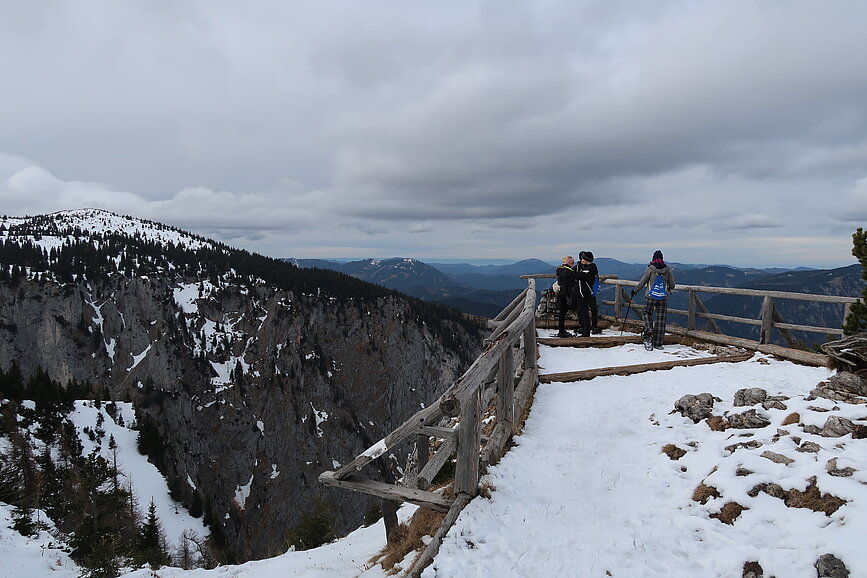
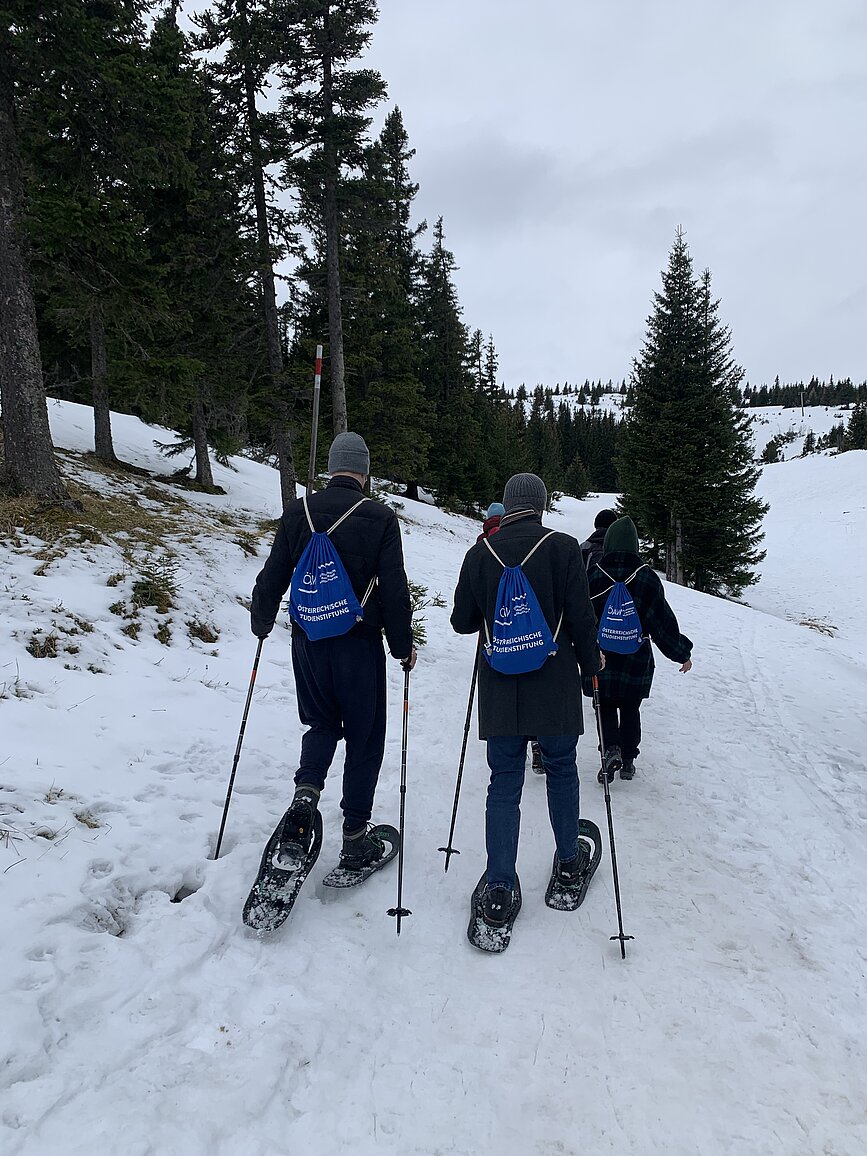
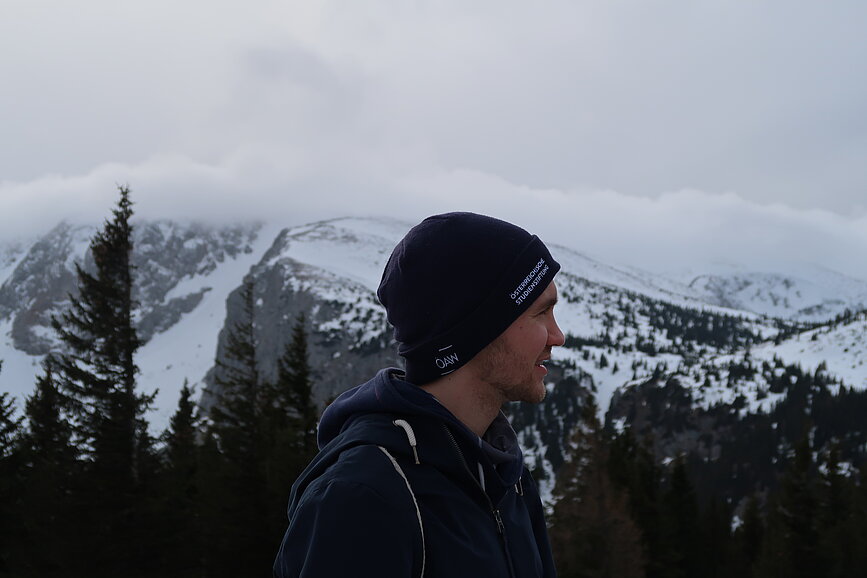

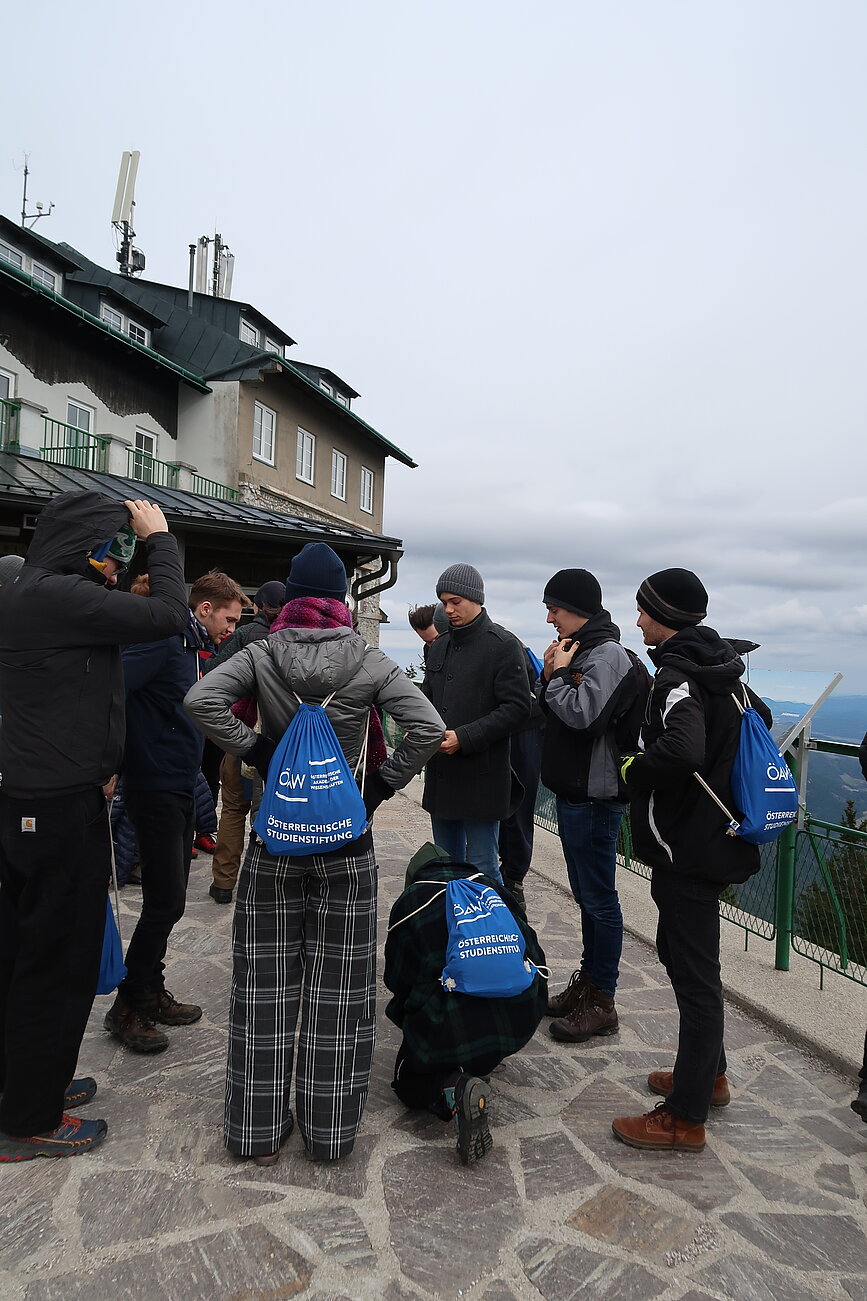
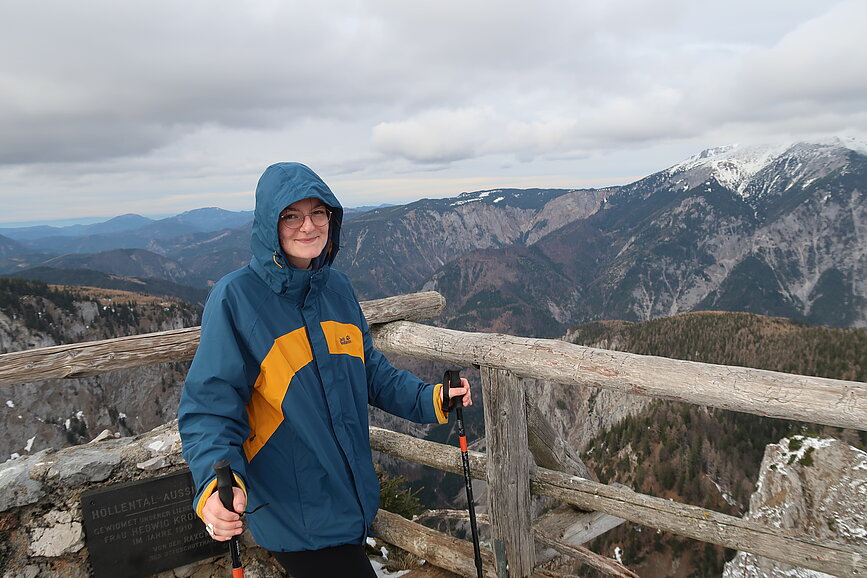
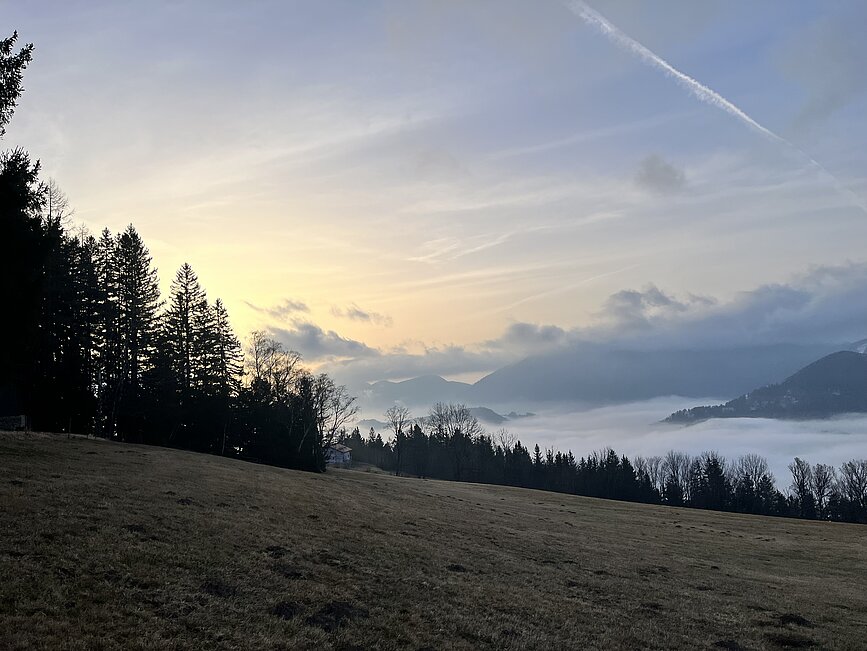

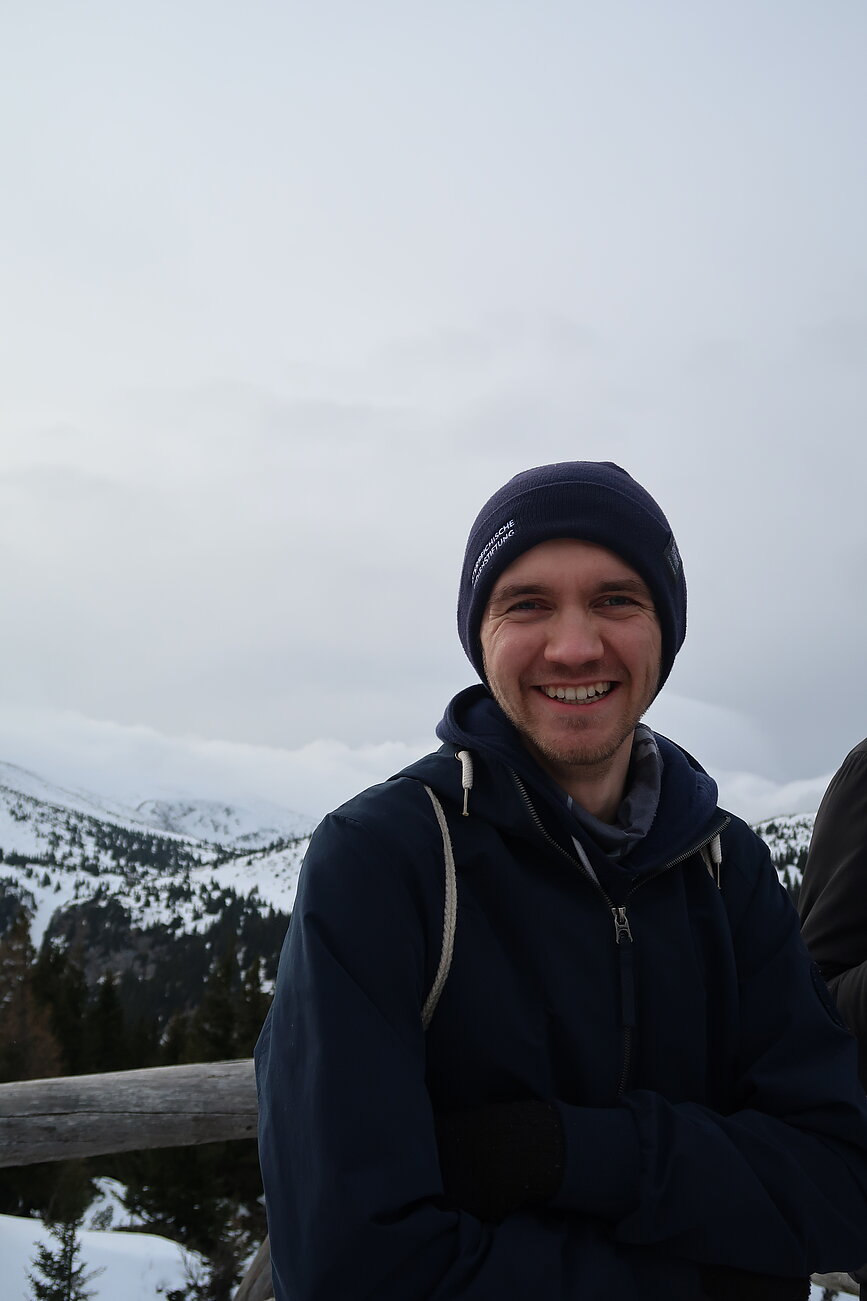
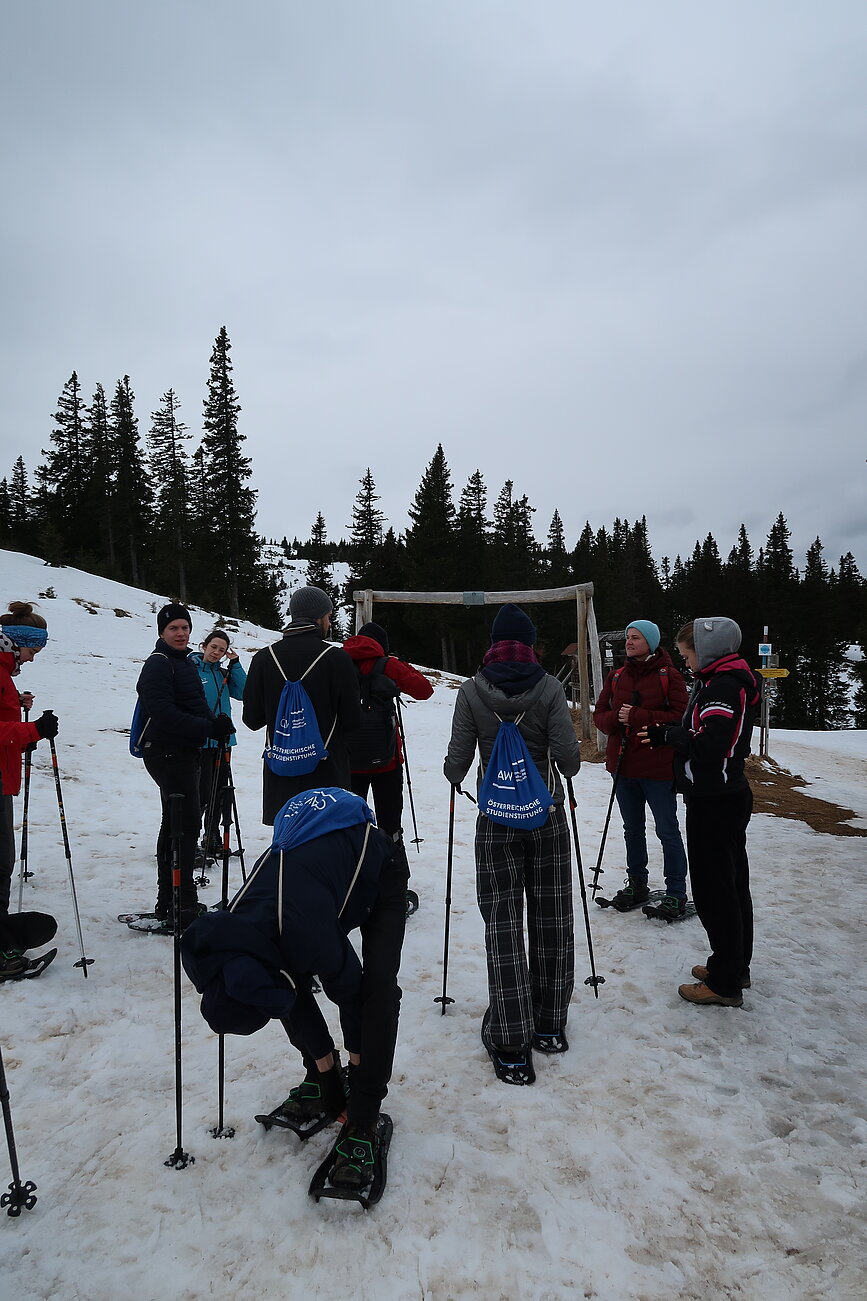
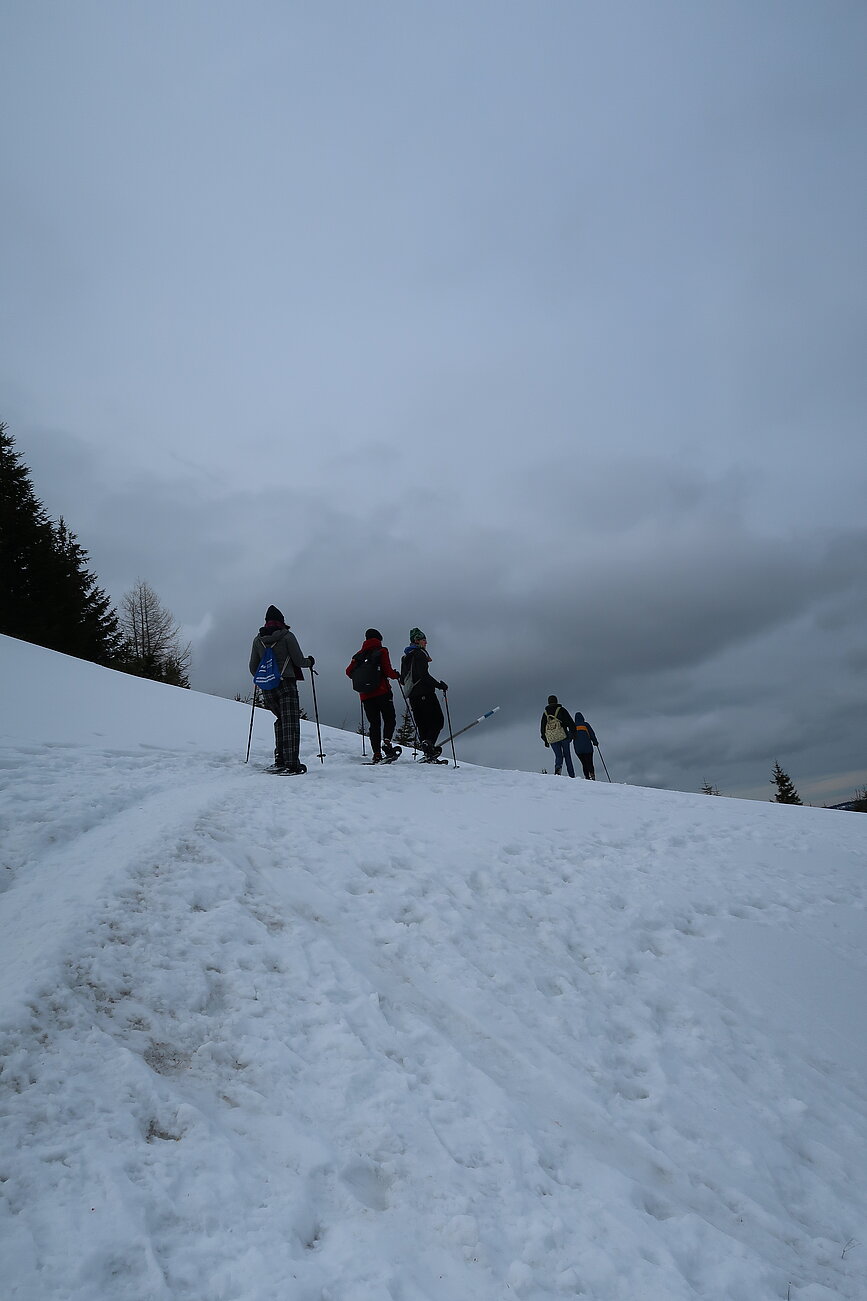

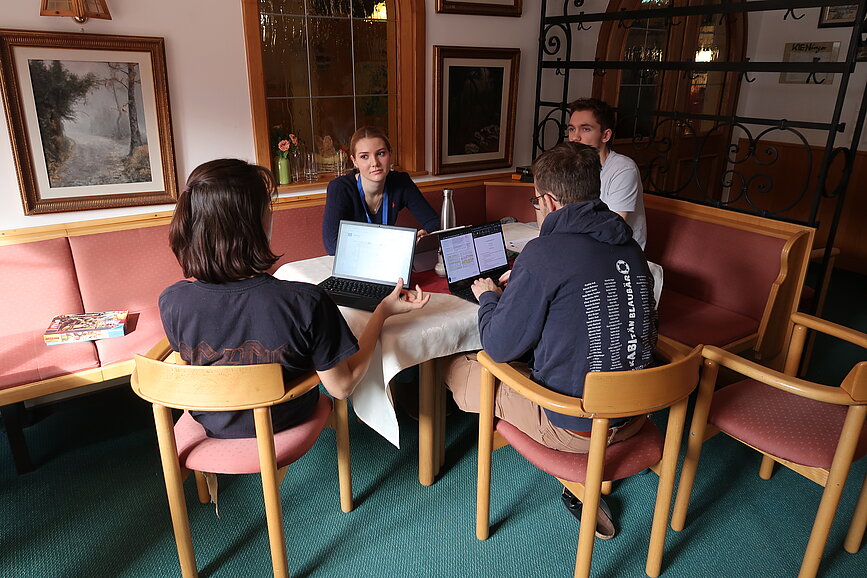
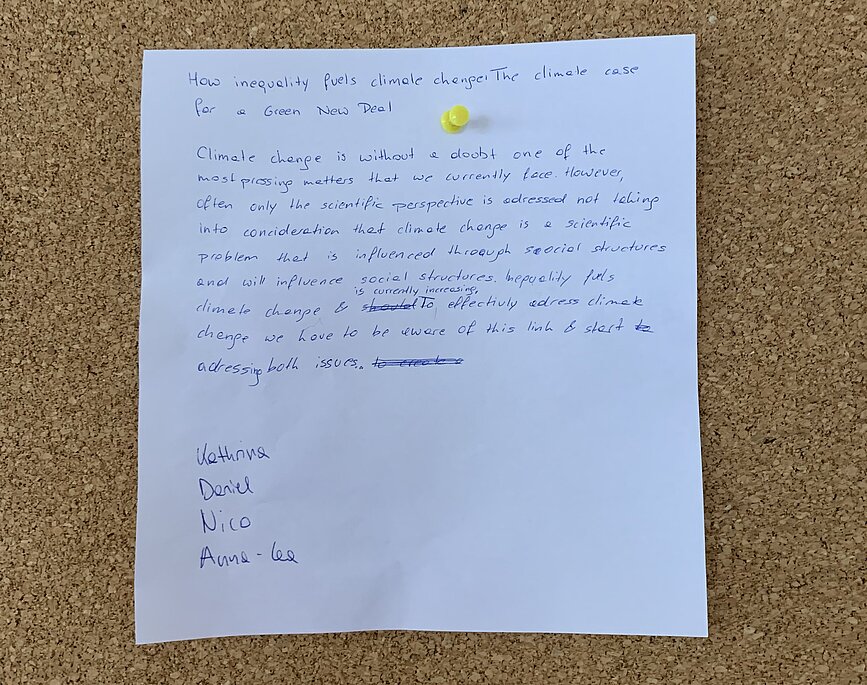
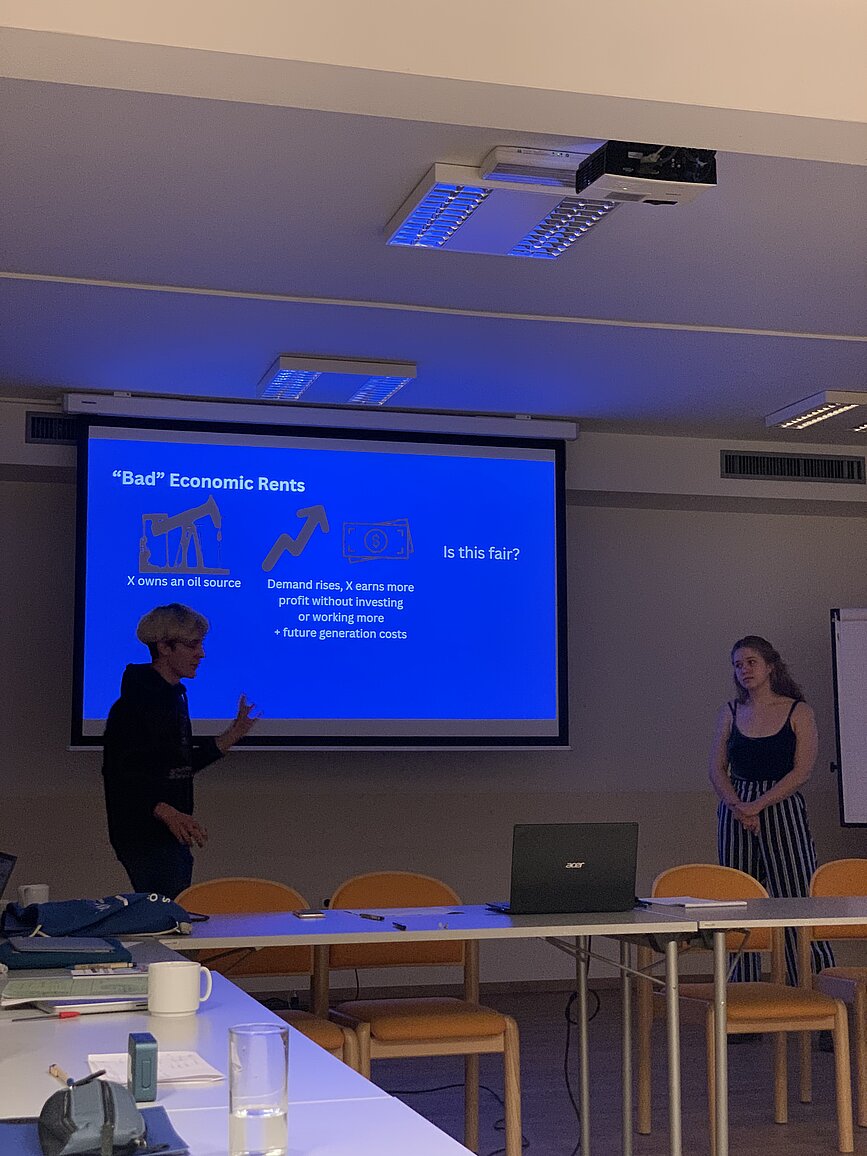
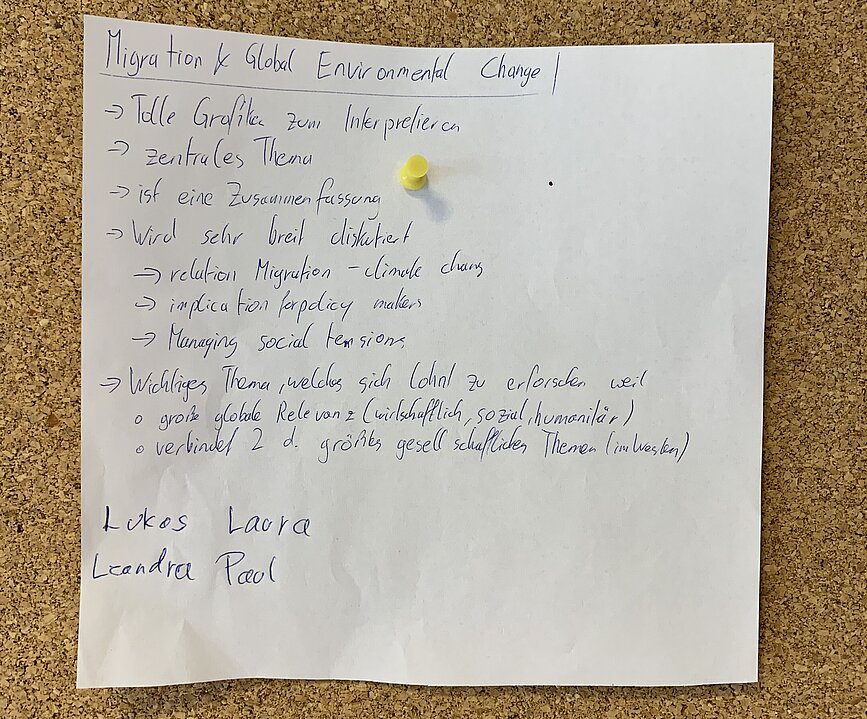
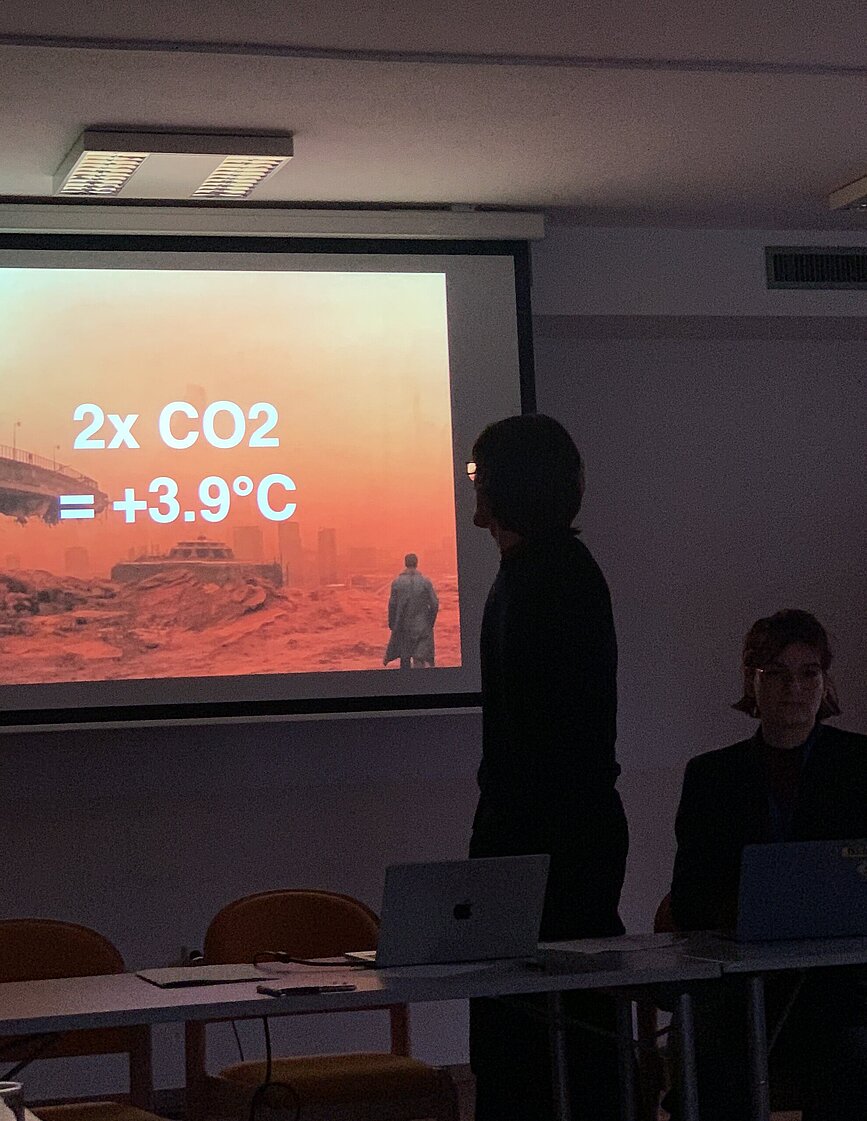

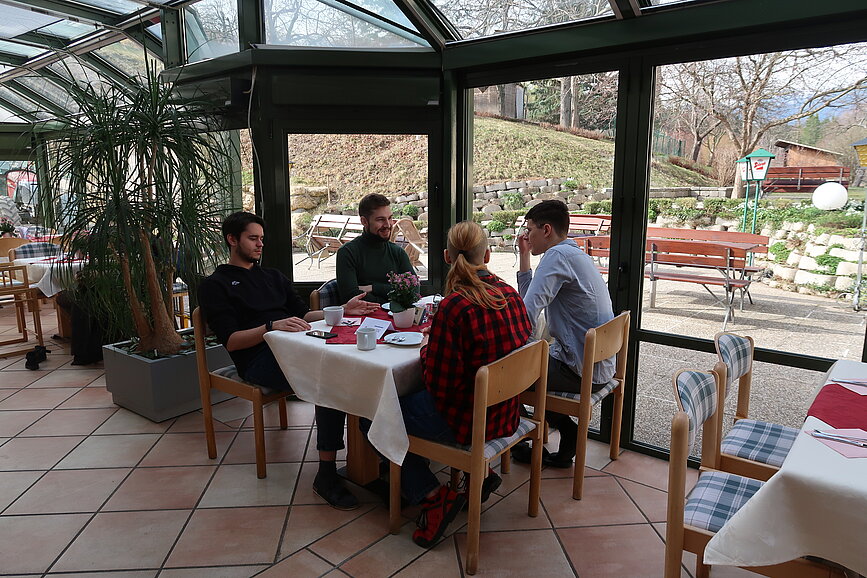

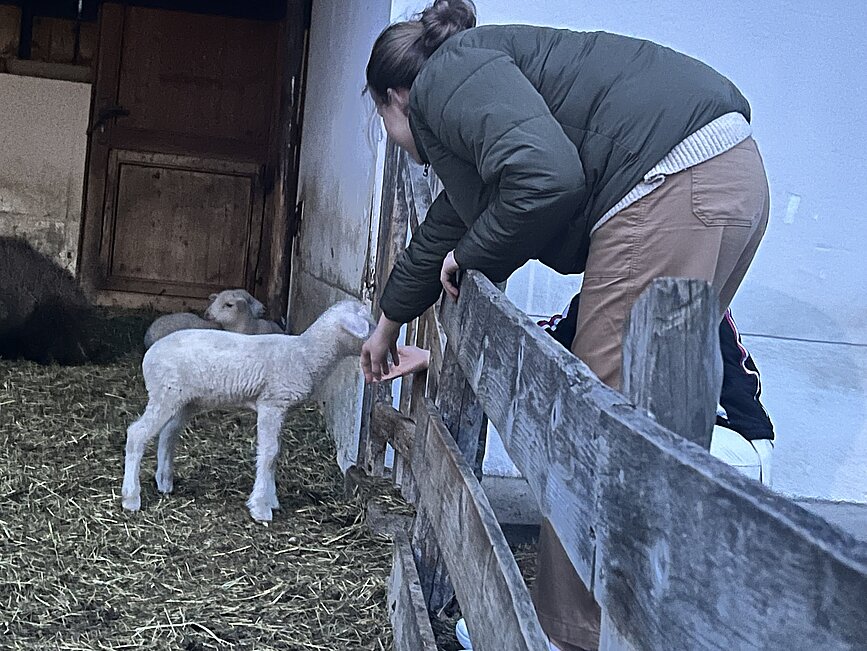
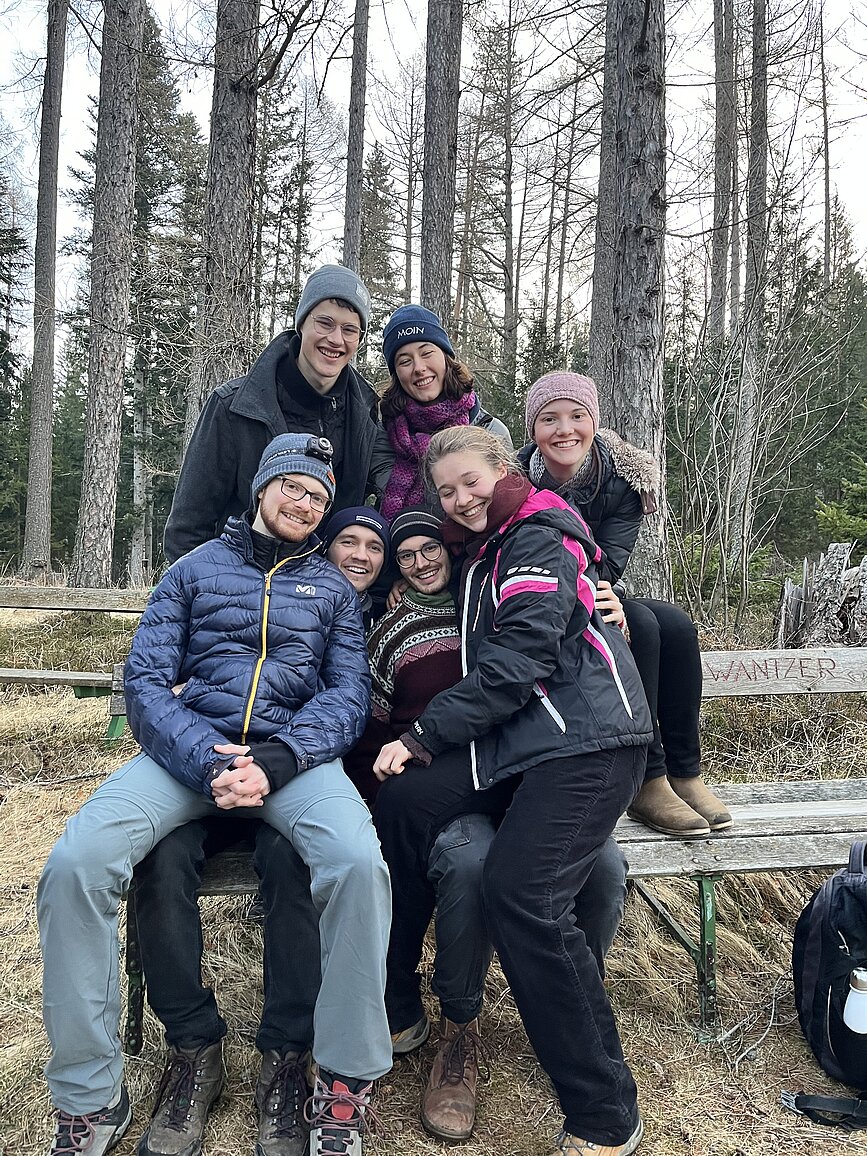
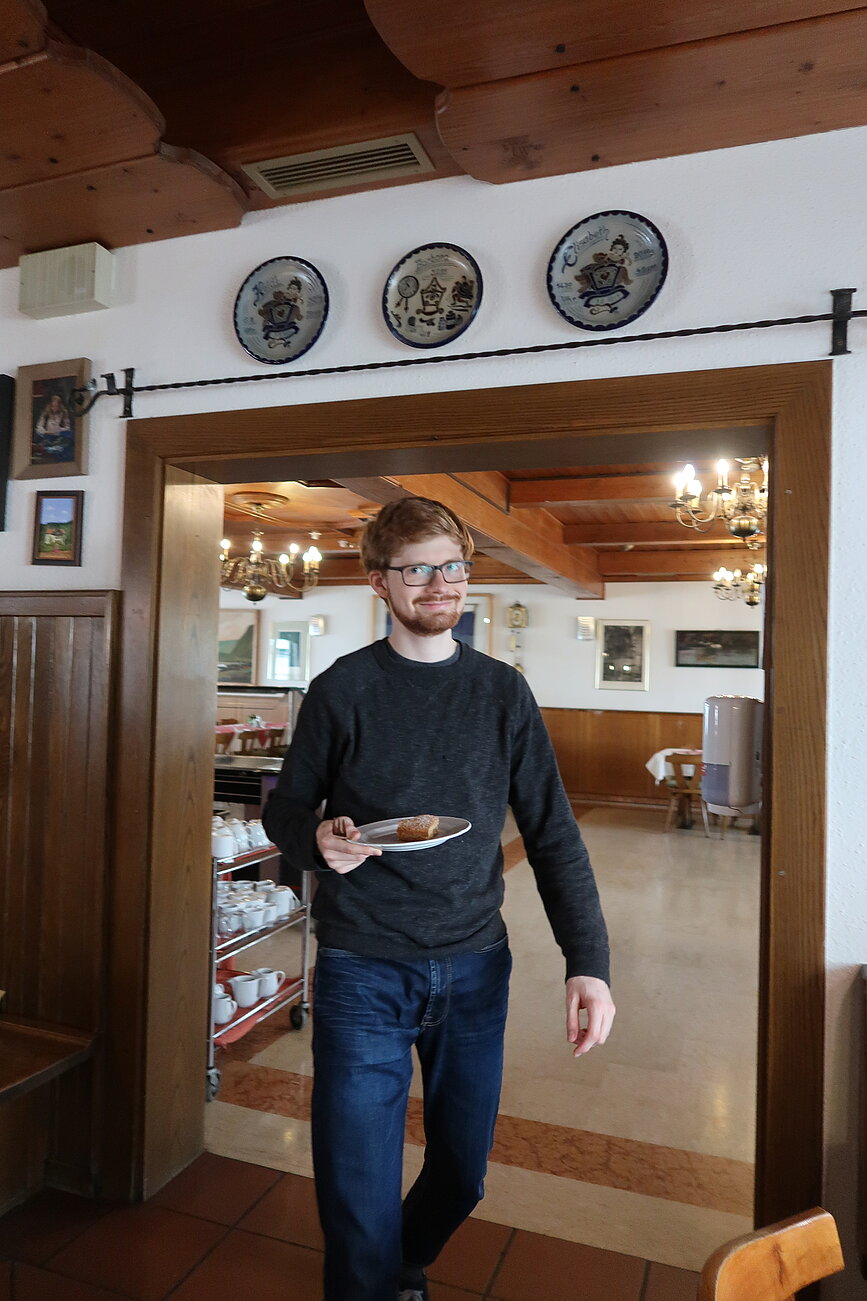
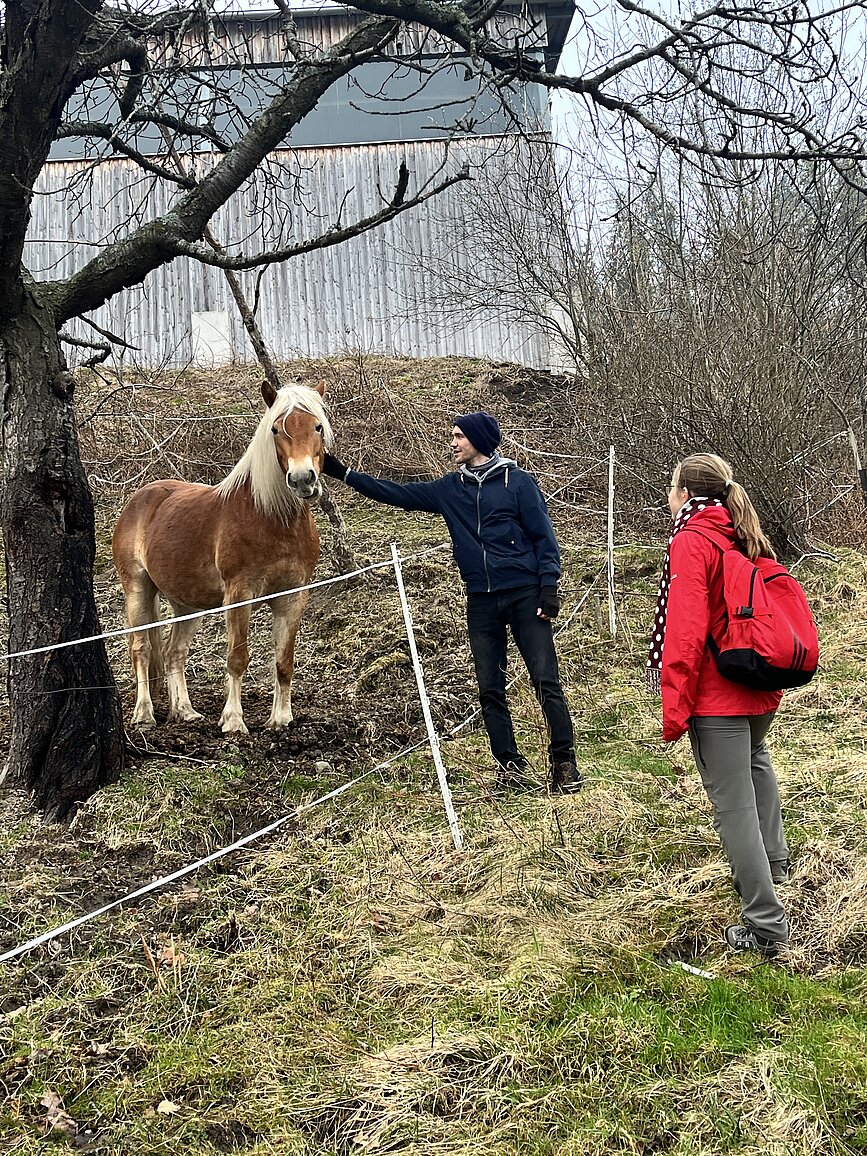

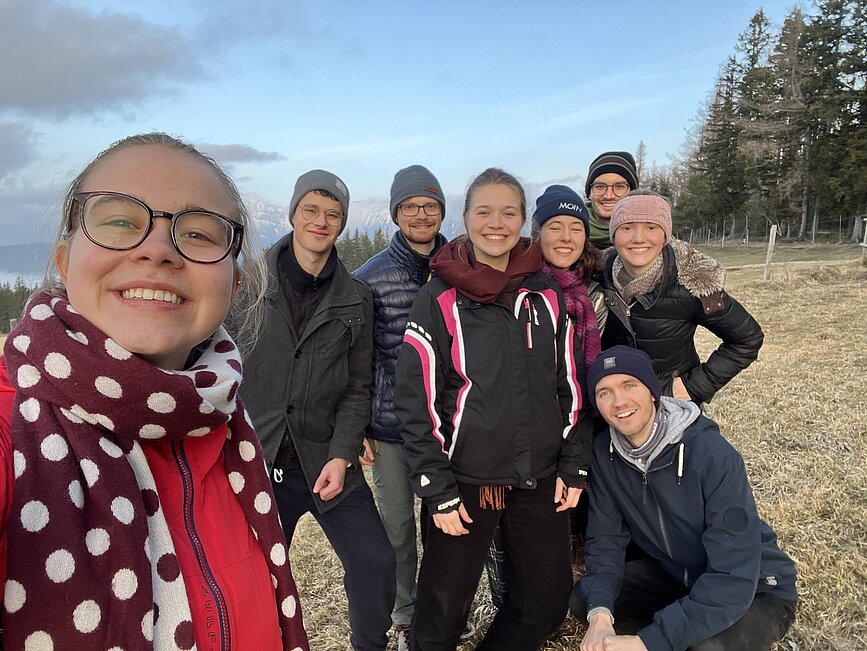
Fotos: Anna-Lea Blümel, Paul Kraker, Leandra Kreisser, Daniel Mittag
Zeitraum: 26. bis 29. Februar 2024 (Anreise am Vortag, Sonntag, den 25. Februar 2024)
Dauer: 4 Tage
Ort: Gasthof Flackl Wirt, Reichenau an der Rax
Sprache: Englisch
Zahl der Teilnehmer/innen: 22
Wissenschaftliche Leitung: Prof. Dr. Helga Weisz, Potsdam Institute for Climate Impact Research (PIK), Future Lab Social Metabolism, Member of the Leibniz Association; Humboldt-Universität zu Berlin, Department of Cultural History and Theory and Department of Social Sciences
Weitere Mitwirkende: Dr. Peter-Paul Pichler, Potsdam Institute for Climate Impact Research (PIK), Julia Blocher (PhD candidate), Potsdam Institute for Climate Impact Research (PIK); Humboldt-Universität zu Berlin, Department of Cultural History and Theory and Department of Social Sciences
Kurzbeschreibung:
Anthropogenic climate change and human societies are interconnected in multiple ways. Our scientific understanding of these interconnections relies on the insights from all academic disciplines across the natural, social and humanity sciences. These insights are not yet fully integrated and they are far from complete.
Topics to be addressed in the seminar
Core insights from climate science into the causes and earth system impacts of anthropogenic climate change. Core insights from socio-economic inequality research. In particular we ask, which societal groups/systems are most responsible for green-house gas emissions and which population groups are being most affected. Legal responses to climate change in various jurisdictions: International (Paris agreement), European (European Green Deal) or national level (German Climate protection law). Deep dives into climate and migration in developing countries, and into climate mitigation by households and economic sectors in industrial countries.
Ultimate Goal
Understanding the most important insights from all disciplines. Wrap-up by analyzing societal and natural opportunities and barriers for climate change mitigation and adaptation at the level of political, economic and provisioning systems.